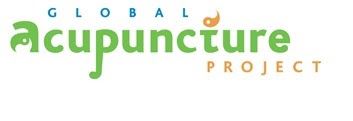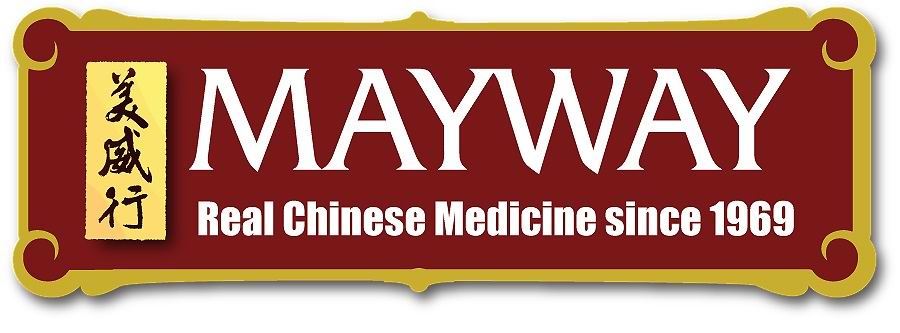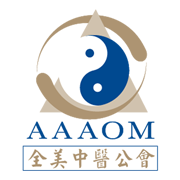|
[NIH] BACKGROUND: The 2009 influenza A (H1N1) virus infection is associated with the high risk of severe complications and is spreading more rapidly throughout the world than other reported seasonal influenzas. This study aimed to evaluate the efficacy and safety of the nature herbal medicine Lianhuaqingwen capsule (LHC) in patients infected with influenza A (H1N1) virus.
METHODS: A total of 244 patients aged 16 - 65 years confirmed with influenza A (H1N1) virus infection by the real time RT-PCR were randomized to one of two treatment groups of 122 patients each. Each group assigned to receive either LHC or Oseltamivir for five days and observation for seven days. The patients were enrolled within 36 hours of illness onset if they had an axillary temperature of ≥ 37.4°C and with at least one of the following symptoms: nasal obstruction, runny nose, cough, sore throat, fatigue, headache, myalgia, chills and sweating. The primary end point was the duration of illness.
RESULTS: Of 244 patients, 240 (98.36%) patients with a median age 21 years completed the study between October 24, 2009 and November 23, 2009. There were no significant overall differences between LHC treated and Oseltamivir treated patients in the median duration of illness (LHC 69 hours vs. Oseltamivir 85 hours P > 0.05) or the median duration of viral shedding (LHC 103 hours vs. Oseltamivir 96 hours, P > 0.05). However, it was worthwhile to note that LHC significantly reduced the severity of illness and the duration of symptoms including fever, cough, sore throat, and fatigue (P < 0.05). Both study medications were well tolerated. No drug related serious adverse events occurred during the study.
CONCLUSIONS: Compared with Oseltamivir, LHC achieved a similar therapeutic effectiveness reduction of the duration of illness and duration of viral shedding. Therefore, LHC might be an alternative therapeutic measure for influenza A (H1N1) virus infections.
http://www.ncbi.nlm.nih.gov/pubmed/22040504#
|




